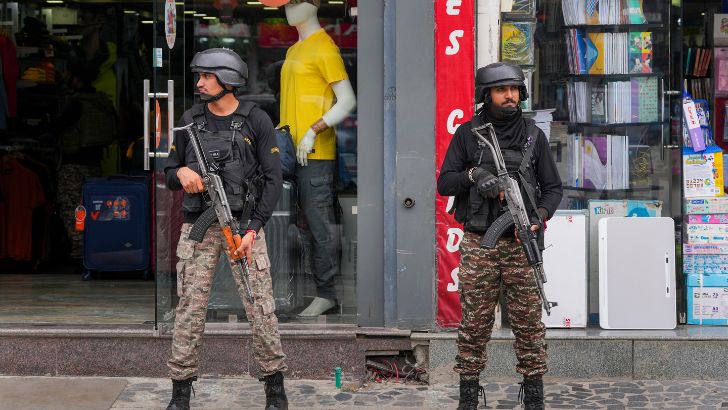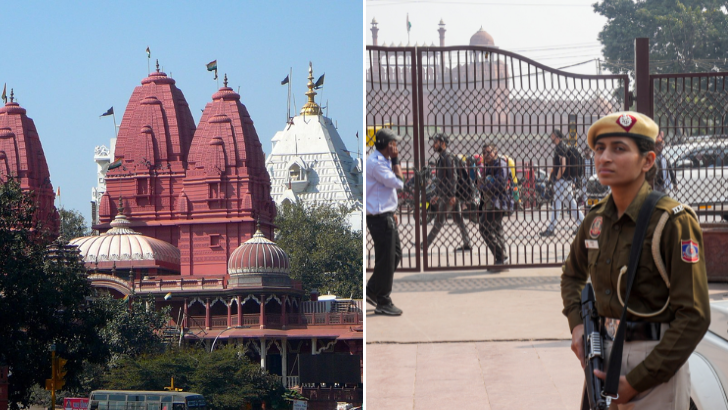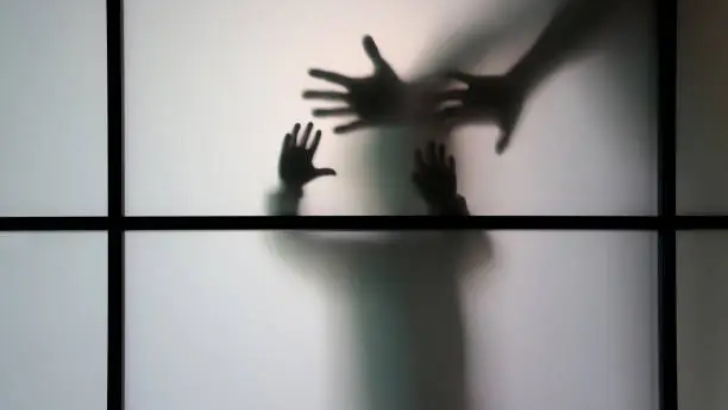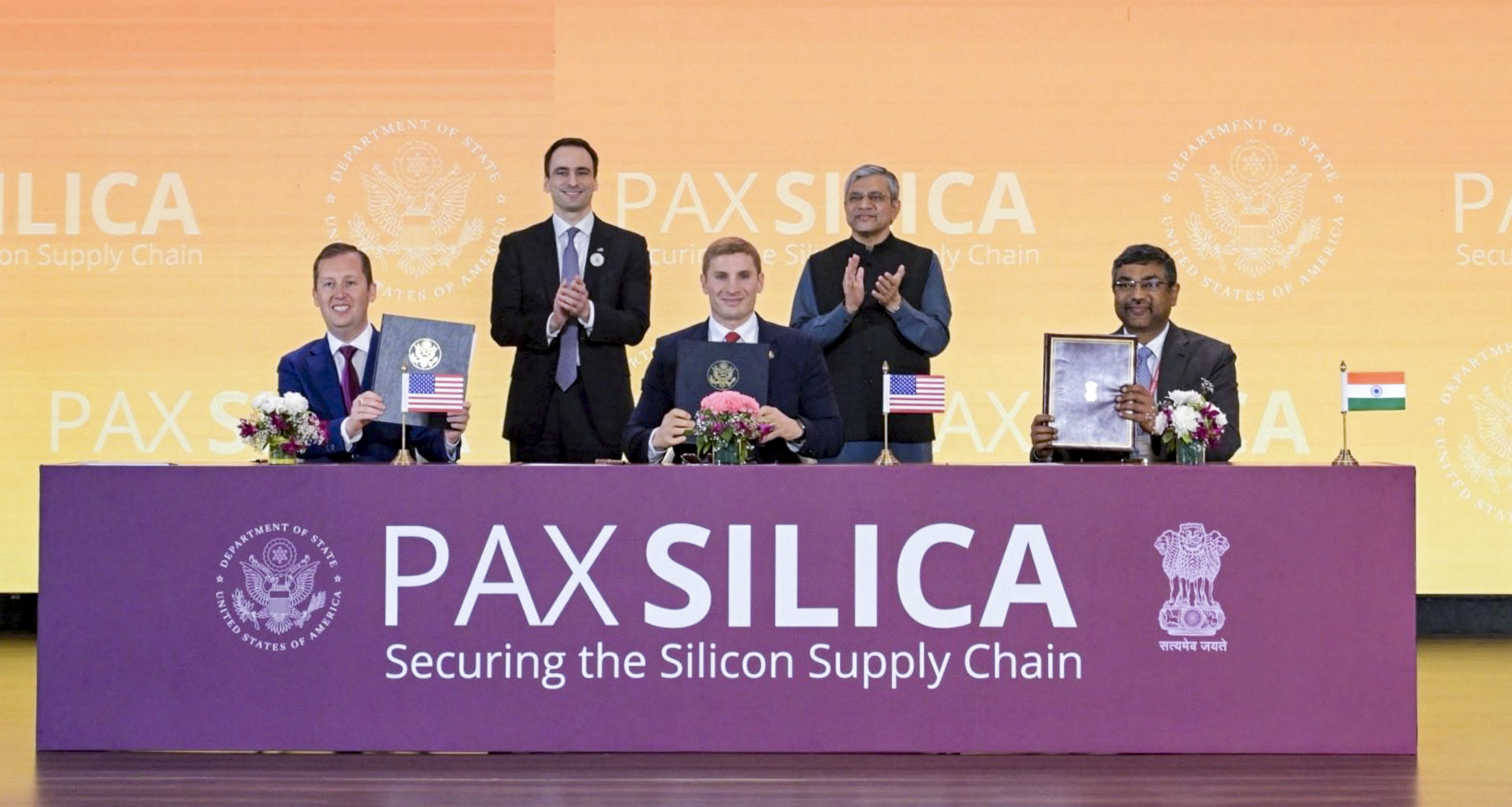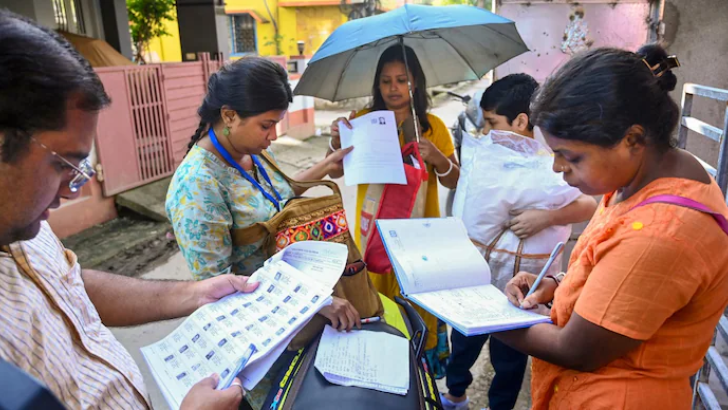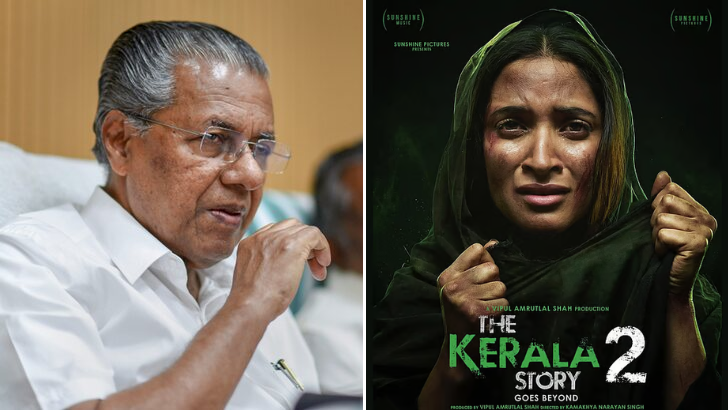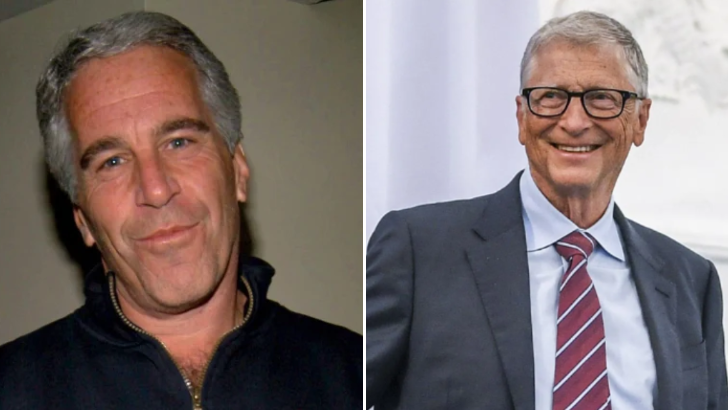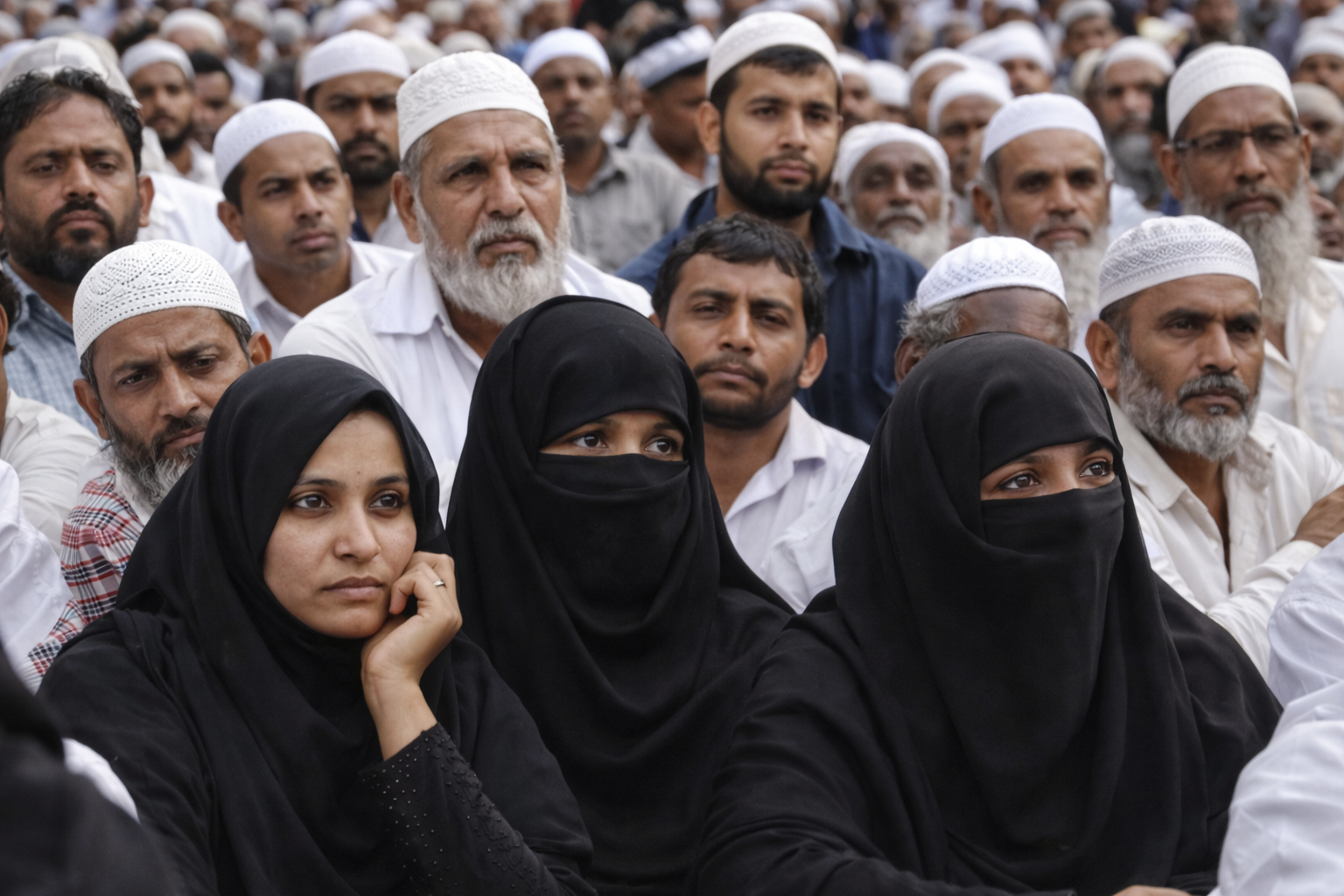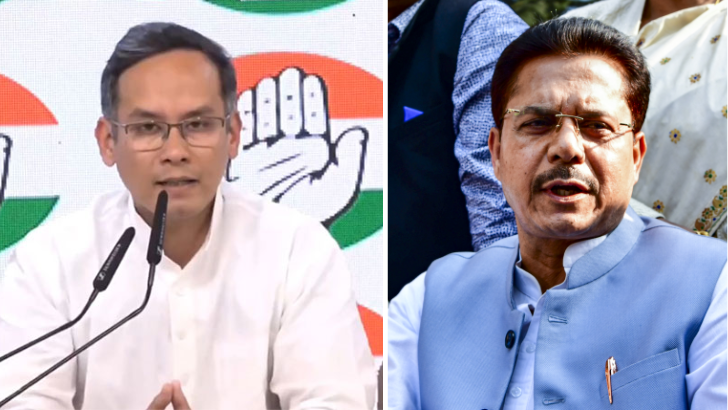Plea to restore J&K's statehood: SC seeks Centre's response, says can't ignore 'Pahalgam attack'
The SC had held in its earlier verdict that Article 370 was only incorporated into the Constitution as a temporary provision.
PTI
-
The SC posted the plea for hearing after eight weeks. Photo: PTI
New Delhi, 14 Aug
The Supreme Court on Thursday sought a response from the
Centre on a plea seeking the restoration of statehood to Jammu and Kashmir,
saying ground realities, including the recent Pahalgam incident cannot be
ignored.
"You also have to take into consideration the ground
realities… you cannot ignore what has happened in Pahalgam," Chief Justice
of India (CJI) said when counsel including senior advocate Gopal
Sankaranarayanan sought an early hearing.
Solicitor General Tushar Mehta, appearing for the Centre,
sought dismissal of the plea and said in the past too, the court had imposed
costs on such pleas.
"Elections are held, my lords are aware of the peculiar
position emerging from this part of the country and there are several
considerations which go into decision-making," Mehta said.
The bench posted the plea, filed by academician Zahoor AhmadBhat and socio-political activist Ahmad Malik, for hearing after eight weeks.
Sankarnarayanan, appearing for Bhat, said it had been 21
months since that judgment was passed by the Constitution bench on issues
including the abrogation of Article 370 of the Constitution.
“There has been no movement partly because, my lords fairly
trusted the Union when they made this statement before the court that they will
implement the Statehood," Sankarnarayanan said.
Referring to the judgment, he said the bench did not address
the issue in view of the assurance given by the Solicitor General that the Statehood
to Jammu and kashmir will be restored.
Sankaranarayanan said the bench had merely directed that
restoration of statehood at the earliest and did not set any timeline.
On 11 December, 2023, the Supreme Court unanimously upheld
the revocation of Article 370, which accorded a special status to the erstwhile
state of Jammu and Kashmir, even as it ordered that Assembly elections be held
in the Union Territory by September 2024 and its statehood be restored "at
the earliest".
Last year, a plea was filed in the top court seeking
directions to the Centre for the restoration of statehood to Jammu and Kashmir
within two months.
"Delay in the restoration of Statehood would cause
serious reduction of democratically elected government in Jammu and Kashmir,
causing a grave violation of the idea of federalism which forms part of the
basic structure of the Constitution of India," Bhat's plea said.
The Assembly elections and the Lok Sabha polls were
conducted peacefully in Jammu and Kashmir without any incident of violence,
disturbance or any security concerns being reported, it said.
"Therefore, there is no impediment of security
concerns, violence or any other disturbances which would hinder or prevent the
grant/restoration of the status of statehood to Jammu and Kashmir as had been
assured by the Union of India in the present proceedings," the plea added.
The non-restoration of the status of Statehood of Jammu and
Kashmir, the plea said, would result in a lesser form of elected democratic
government to the state, particularly given legislative Assembly results were
declared on 8 October last year.
Despite the apex court's directions for the restoration of Statehood
to Jammu and Kashmir "at the earliest and as soon as possible", the
Centre took no steps to provide any timeline for the implementation of such
directions, it claimed.
"Jammu and Kashmir is being operated as a Union
Territory for a period of almost five years now, which has caused many
impediments and grave losses to the development of Jammu and Kashmir and has
affected the democratic rights of its citizens," the plea added.
In its December 2023 verdict, the apex court held that
Article 370, which was incorporated in the Indian Constitution in 1949 to grant
special status to Jammu and Kashmir, was a temporary provision.
The President of India was empowered to revoke the measure
in the absence of the Constituent Assembly of the erstwhile state whose term
expired in 1957, the court said.
Leave a Reply
Your email address will not be published. Required fields are marked *








